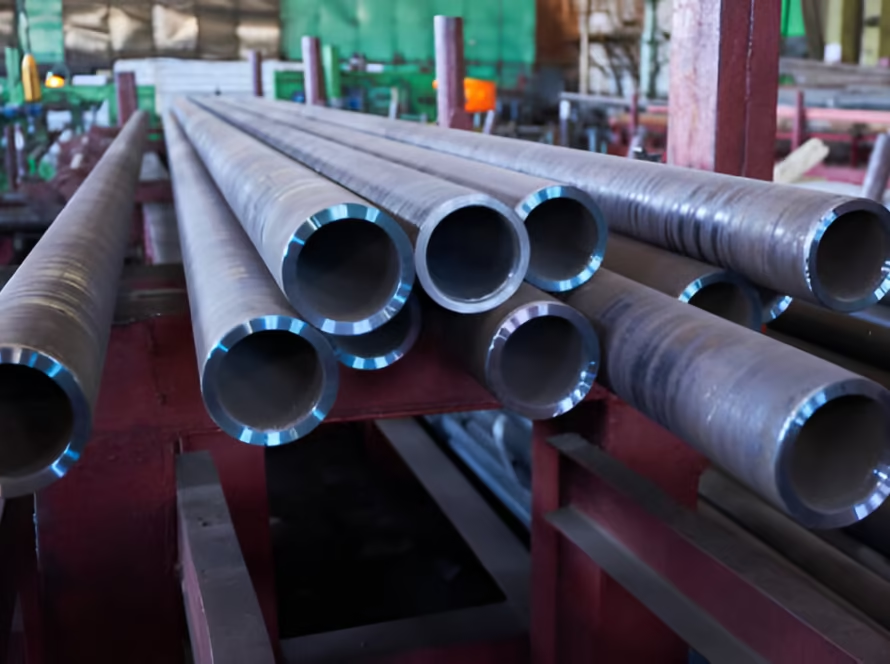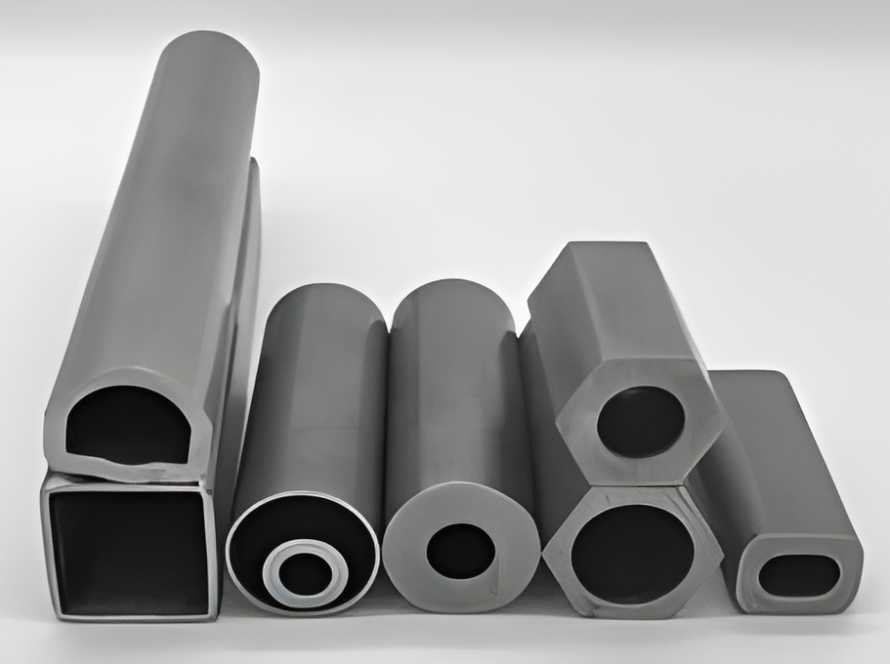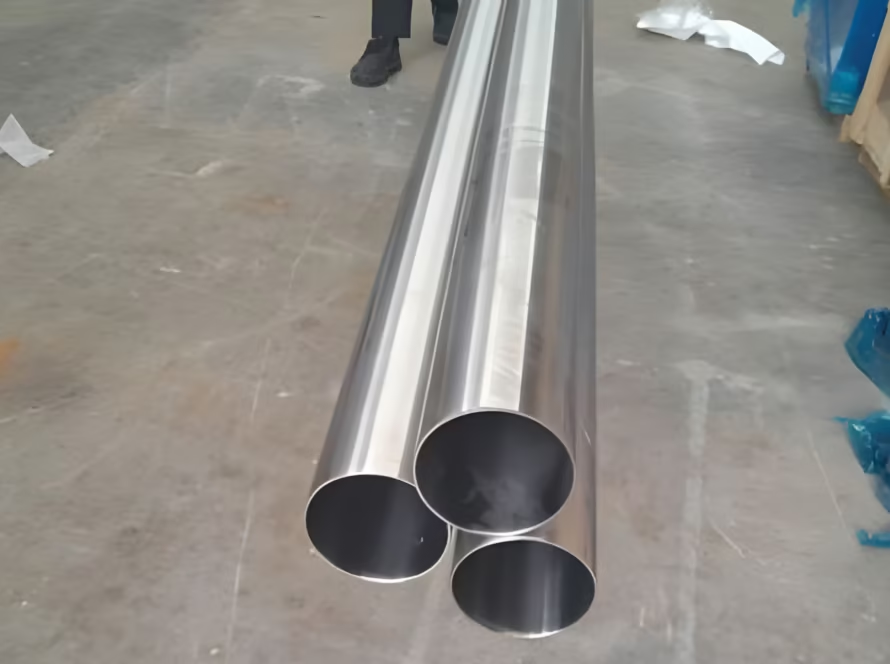What Is ERW Carbon Steel Pipe?
Electric Resistance Welded (ERW) carbon steel pipe are a popular choice in various industries due to their cost-effectiveness, strength, and versatility. These pipes are manufactured by cold-forming a flat steel strip into a cylindrical shape, which is then welded longitudinally using electric resistance welding. This process results in a strong, durable pipe that is widely used in applications ranging from construction to oil and gas transportation.
Questions and Answers
1. How is ERW carbon steel pipe manufactured?
ERW carbon steel pipe are produced through a series of steps that involve forming and welding. Initially, a flat steel strip is fed into a machine that shapes it into a cylindrical form. The edges of the strip are then brought together and welded using electric resistance welding. This process involves passing a high-frequency electrical current through the edges, which generates heat and fuses the metal together without the need for additional filler material. The result is a seamless, strong weld that is integral to the pipe’s structure.
2. What are the advantages of using ERW carbon steel pipes?
ERW carbon steel pipes offer several advantages:
- Cost-Effectiveness: The manufacturing process is efficient and less expensive compared to other methods like seamless pipe production.
- Strength and Durability: The welding process ensures a strong bond, making these pipes suitable for high-pressure applications.
- Versatility: They can be produced in various sizes and thicknesses, making them adaptable for different uses.
- Smooth Surface Finish: The welding process results in a smooth surface, reducing friction and improving flow efficiency in fluid transport applications.
3. In which industries are ERW carbon steel pipes commonly used?
ERW carbon steel pipes are utilized across a wide range of industries due to their versatility and strength. Some common applications include:
- Construction: Used in structural applications such as scaffolding, columns, and beams.
- Oil and Gas: Employed in the transportation of oil, gas, and other fluids due to their ability to withstand high pressure.
- Automotive: Used in the manufacturing of vehicle components like exhaust systems.
- Water and Sewage: Utilized in pipelines for water distribution and sewage systems.
Conclusion
ERW carbon steel pipes are a crucial component in many industrial applications due to their cost-effectiveness, strength, and adaptability. The manufacturing process, which involves electric resistance welding, ensures a strong and durable product that can be tailored to meet the specific needs of various industries. Whether in construction, oil and gas, or automotive sectors, ERW carbon steel pipes provide a reliable solution for transporting fluids and supporting structural frameworks.







